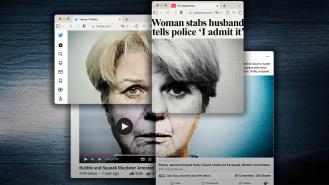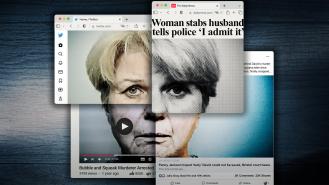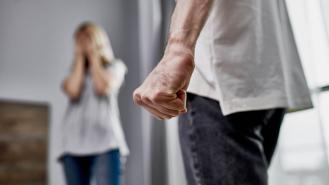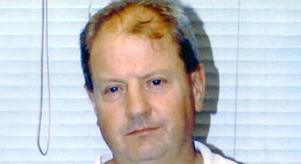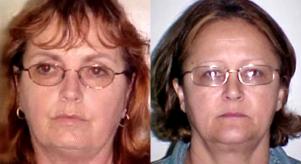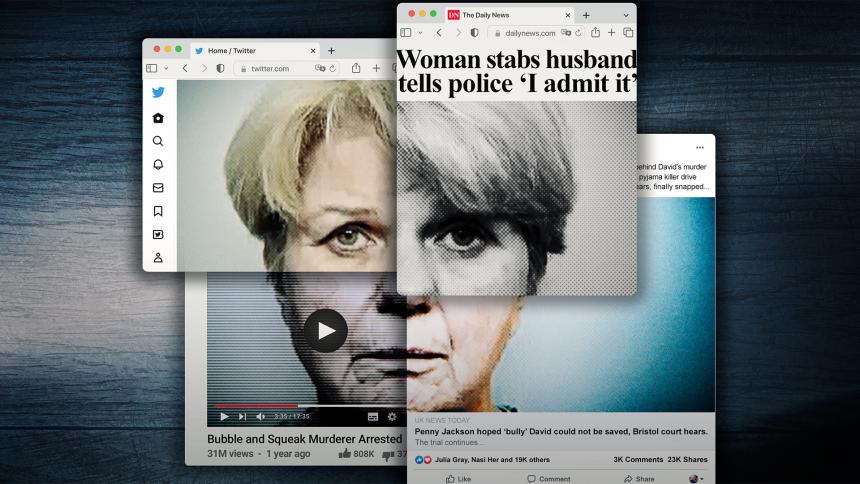
'She finally snapped': What motivated Penny Jackson to kill her husband?
Bubble & Squeak Murder: The Killing of David Jackson investigates the murder of 78-year-old retired army officer, David Jackson, by his 66-year-old wife, Penny Jackson, who stabbed him to death with a paring knife.
During the trial later that year, recordings of the aftermath of the crime were beamed around the world, with Penny Jackson’s 999 call and police bodycam footage going viral.
Bubble & Squeak Murder: The Killing of David Jackson takes a deep dive into the case, going beyond the bodycam footage, the 999 call and the causes behind this act of brutality, which shocked the nation.
Featuring first-hand accounts from friends, relatives, investigating police officers, local journalists, and mental health experts like Dr Sohom Das, the two-part documentary investigates the story behind the case, examining the complexities, intricacies, and secrets of the Jacksons’ marriage leading up to that fateful night in February 2021.
Crime+Investigation spoke to Consultant Forensic Psychiatrist, Dr Sohom Das who offers his expert insight in the series on what motivated Penny Jackson to commit such an inexplicable act of violence against her husband.
Crime+Investigation: What struck you most about the bodycam footage of Penny Jackson's arrest and the audio transcript of her 999 call?
Dr Sohom Das: What struck me was how indifferent and nonchalant she seemed. During the 999 call there were opportunities where she could have potentially saved David's life. She could have suddenly realised the consequences of her actions, both in terms of killing David and in terms of potentially going to jail, but she didn't do that. She doubled down and committed to killing him.
The other thing that struck me was her placid behaviour when she was arrested by the police. She was almost apologetic for inconveniencing them, rather than accepting what she had done.
What clues are there in her mental state of mind in that footage?
The footage directly shows her state of mind. The fact that she is very polite, almost overly polite; the fact that she's indifferent to the fate of her husband; the fact that she talks about what she did so openly; and the fact that she just seems so indifferent to the consequences of what she's done. All those things come across in the footage.
How was her behaviour different from what you might expect?
Most people would be hugely panicked because they would understand what they've done and want to save the life of their partner. Another possibility would be that they want to cover up their actions. The fact she told the police so much showed that she didn't seem to care about the consequences of her actions.
She didn't try to lie or twist the situation to make herself come out better or to try and decrease criminal responsibility. Many people in that situation would have made up some lies about doing it in self-defence or would have said that he attacked her. She seems utterly truthful about her activities. All of that is different to what I would have expected.
What explains her lack of fear?
That suggests to me that in her mind, she cared so much about annihilating her husband, that it took precedence over everything else.
Do you think her statements were genuine? Or was she playing up to the camera?
I think her statements were absolutely genuine. They were unusually so. I don't think the presence of the camera affected her at all.
What could explain the seeming lack of remorse over killing her husband?
From her perspective, she believes that she has been in this coercive relationship for such a long period of time. She feels that she's been bullied and controlled and belittled on an almost daily basis for many, many years. So, I think it all just built up to a point where there was a tiny little provocation - a pointless, argument about what she was cooking - was the final straw. It was the build-up of that provocation when she finally snapped.
What process would police go through to assess her mental state at the time of her arrest?
If police thought that she was mentally unwell, they would have asked somebody like me, a forensic psychiatrist, to assess her, probably not at the time of her arrest, but when she was in prison.
If they thought that she was so unwell that she was not fit to be interviewed, they would arrange for an appropriate adult to go in the interview with her. Even though the police are not professionals in assessing somebody's mental state, I think it's obvious that she didn't have a mental illness. Even though what she said was strange, it wasn't psychotic. It wasn't out of touch with reality. She wasn't paranoid and she wasn't hearing voices for instance.
I think the police would have realised quickly that even though her actions were very hard to understand, she wasn't in a state of mental illness.
Penny Jackson admitted to the murder but pled diminished responsibility. Can you explain that defence from a psychiatrist perspective?
Diminished responsibility is a psychiatric defence that says that somebody has killed somebody, but their responsibility should be decreased because it wasn't a pre-planned intentional murder.
The reason why it wouldn't work in a case like this is because of the legal criteria that require there to be a mental illness which affected someone's ability to make a judgement, or to understand what they're doing at the time.
What she did was extreme and hard to understand, but it wasn't because of a mental illness but because she felt so provoked. I can say quite confidently that it wouldn't work as a psychiatric defence.
Penny Jackson has claimed that she could have been a victim of coercive control. How far do you agree with that view?
It's hard to know because it's almost one person's word against another's but I think she's probably telling the truth. She was so open and honest on that day, including during the 999 call. I think that's probably true, but I don't think that can excuse her actions. They were just too extreme to be justifiable.
What sorts of psychiatric support would a convicted murderer like Penny Jackson be offered in prison?
Very little to be honest with you because I don't think she's got a diagnosable mental illness. At best she might have some psychotherapy to help her understand how she got to that day.
I don't think there's a mental illness to be treated. Medication is not going to change anything. Therapy to address low mood is not going to change anything because this wasn't born out of depression
